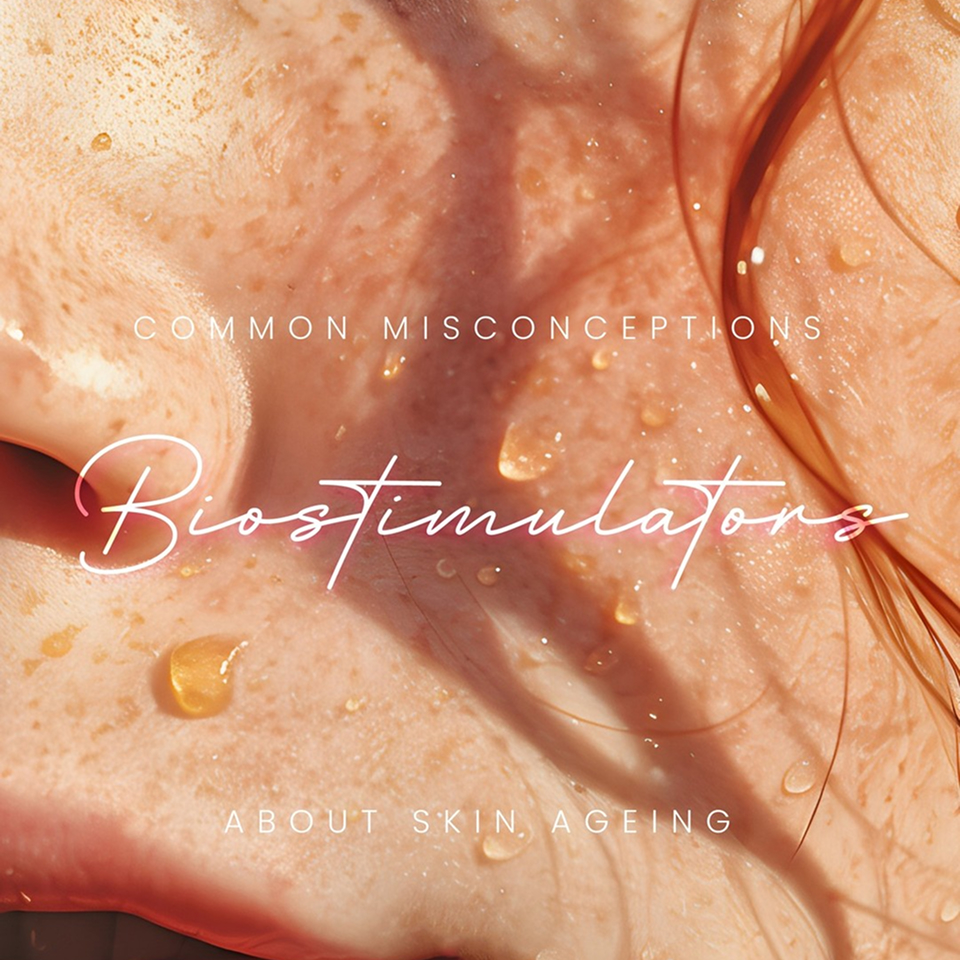When Should You Consider a Gynaecological Health Check in Your 20s, 30s, or 40s?
Many women in Singapore visit a doctor only when symptoms arise—but gynaecological care isn’t just about managing problems. Routine check-ups are an important part of preventive health. These visits offer a chance to track hormonal shifts, screen for infections or abnormalities, and ensure that the reproductive system is functioning as it should.
At Asimont Clinic, we provide medically guided, respectful care across every stage of a woman’s life. Here’s what you should know about the value of routine gynaecological health checks, and what to expect in your 20s, 30s, and 40s.
Why Regular Gynaecological Checks Matter
- Detect silent or symptomless conditions early (e.g., HPV-related changes, fibroids)
- Screen for infections or abnormalities
- Manage reproductive or hormonal changes proactively
- Build a health history that helps personalise future care
Regular visits also open the door for discussions around menstrual health, contraception, fertility, intimate discomfort, or pelvic pain.
In Your 20s: Laying the Foundation
Women in their 20s are encouraged to start gynaecological visits for:
1. Menstrual Health Tracking
Identify irregular cycles, heavy bleeding, or pain that may indicate underlying conditions.
2. HPV Vaccination (if not yet completed)
The HPV vaccine protects against high-risk strains that can lead to cervical cancer.
3. Sexual Health Screenings
Testing for sexually transmitted infections (STIs) ensures peace of mind and protects future fertility.
4. Contraceptive Counselling
Discuss safe and suitable options based on your health, lifestyle, and future plans.
In Your 30s: Monitoring Hormones and Fertility
In your 30s, hormonal changes may begin to subtly shift. Gynaecological visits can support:
1. Preconception and Fertility Planning
For those considering pregnancy, a pre-pregnancy consultation can assess readiness and identify risk factors.
2. Cervical Screening
In Singapore, regular Pap smears and HPV testing are recommended for early detection of cervical abnormalities.
3. Management of Hormonal Imbalances
Conditions such as PCOS or endometriosis may emerge or persist, requiring targeted evaluation and care.
4. Postpartum Recovery Review
If you’ve recently had a baby, assessments can address pelvic floor function, vaginal healing, and hormonal recovery.
In Your 40s: Supporting Transition and Early Perimenopause
Your 40s are often a time of hormonal shifts, even before menopause sets in. Gynaecological health checks are helpful for:
1. Perimenopause Symptom Review
Changes in cycle, mood, sleep, or vaginal comfort may be linked to fluctuating hormones.
2. Urogenital and Intimate Health
Addressing issues like dryness, discomfort, or urinary leakage ensures comfort and quality of life.
3. Cancer Screening Updates
Depending on your family and health history, additional screening for breast or ovarian health may be considered.
4. Fibroid or Cyst Monitoring
Common but often asymptomatic, these may be tracked through ultrasound or routine check-ins.
What to Expect During a Gynaecological Check at Asimont Clinic
Your consultation is personalised and may include:
- A detailed symptom and health history review
- Pelvic or external examination (if appropriate)
- Cervical screening (Pap smear/HPV test) when indicated
- Ultrasound or lab testing if needed
- Discussion of concerns or long-term planning
All sessions are conducted respectfully, in alignment with Singapore’s PHMC guidelines.
Why Preventive Care Matters
Many gynaecological conditions are manageable—even preventable—with early detection. Proactive care means fewer surprises and more control over your health as your body evolves through each decade.
Why Choose Asimont Clinic?
- MOH-licensed women’s health provider in Singapore
- Discreet, non-judgemental medical consultations
- No exaggerated claims—just clinically supported advice
- Continuity of care across different life stages
📩 Prioritise Your Health at Every Age
Whether you’re navigating menstrual changes, postpartum recovery, or early perimenopause, routine gynaecological care can provide clarity, reassurance, and tailored support.













